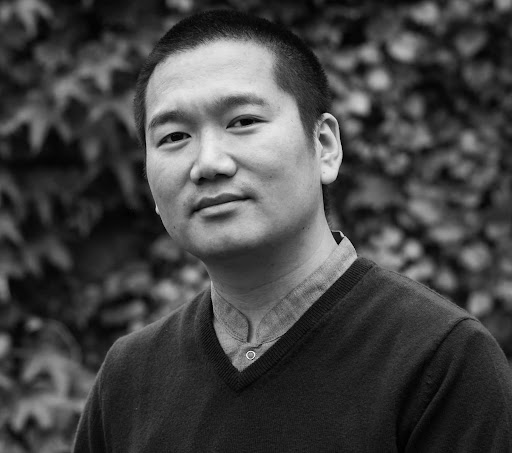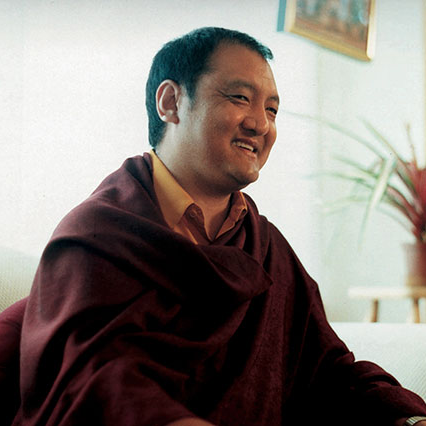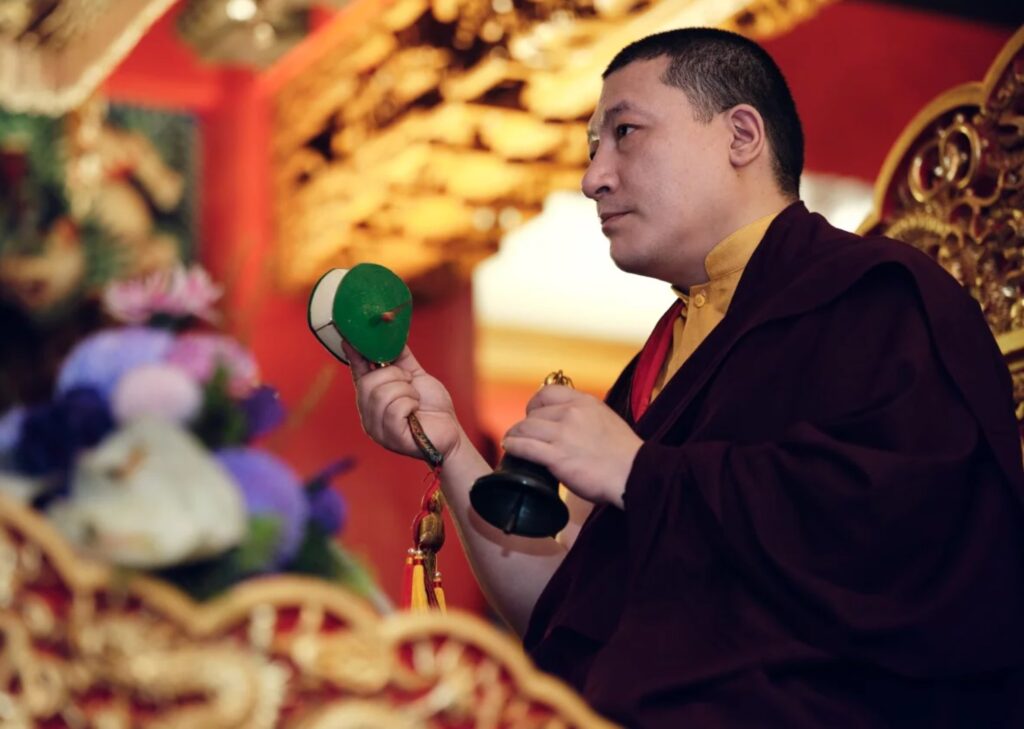Medios
Píldoras de Sabiduría

Lo que sea y lo contrario de lo que sea
En el empeño de justificar nuestra existencia en nuestras respectivas sociedades podríamos ir más allá trabajando excesivamente duro durante años. En esta locura continua podríamos desatender lo que más importa en la vida, que podría significar cosas diferentes para diferentes personas en diferentes fases de la vida. Lo que es inevitablemente cierto, en todos los casos, es permanecer desocupado, permanecer en el juego, en la alegría de uno mismo y de los demás. Lo que antes nos parecía un tiempo “improductivo”, ahora nos damos cuenta de que es el aspecto más importante de la vida: disfrutar de la alegría que aportamos a la vida de los demás. Para algunos esto puede significar pasar tiempo con la familia o, para otros, pasar tiempo a solas con uno mismo sin hacer nada en particular. Podría significar ver amanecer por la mañana y apreciar el regalo de la vida o irse a la cama con el corazón contento. También podría significar sentarse y meditar sobre el cojín. También podría ser emular a un lama, “se toma su tiempo para escribir estas palabras cada día”. Sin duda podría ofrecer 10 minutos de mi atención incondicional a su opinión expresada”. O “aprovecho con gusto la oportunidad de traducir sus palabras”.
De un modo u otro, todo lo que hacemos es una provisión para esta mayor ACCIÓN de la vida: permanecer frescamente desocupados, pero generosamente comprometidos con la felicidad propia y la de los demás. Dicho esto, no cometamos el error de pensar que debemos renunciar a trabajar, y ser irresponsables y vivir de los recursos de la sociedad. No significa aferrarse a unos estados mentales contaminados y eufóricos y convertirse en un anarquista, que dice constantemente “¡lo que sea!”. Tampoco significa participar en algún estilo de vida alternativo o unirse a algún movimiento contra la corriente dominante. Este es el otro extremo al que podríamos llegar. ¡Cuidado!
Entre el “¡lo que sea!”, por un lado, y lo opuesto al “¡lo que sea!”, por el otro, se encuentra el término medio. Permanecer en el medio es convertirse en un budista en el siglo XXI. Permanecer en el medio es no convertirse ni en un escapista ni en una máquina programada de dos patas. Es convertirse en una persona noble.
Cuanto antes nos demos cuenta de esto, antes podremos ser seguidores modernos de Buda.
Sabchu Rinpoché
The common problem is that people think, “I must achieve the results quickly, I cannot wait more than 5 or 6 years. Otherwise, I don’t like it.” But otherwise, after 6 years what do you have in life? You have nothing else. You cannot achieve the results of the Dharma practice within 6 years. You simply cannot. But still you are doing something meaningful. After 6 years, if you have another goal which you could achieve, then forget the Dharma and chose the other one. But the sentient beings’ life has no other goal besides enlightenment. I am not trying to discourage you from being human, but there is no other thing to do in life. You can try to get rich, but then what? Suppose you can be a successful politician, become a president or something like that, but then what? The problem is the same, isn’t it? There is no other goal to achieve. Dharma is the best. That’s why I say that even if you are a slow mover, still, Dharma brings more meaning than anything else.
Shamar Rinpoche (Kagyu Life International, No.3, 1995)
(Credit : DWBUK)


Karmapa told us today we need to change “pray” to “play”. We need to abandon our western concepts that anything deemed “work” need be arduous and painful. Our ambitions tell us that “effort” is needed if we want to achieve something, but with Enlightenment it is different. Actually enlightenment is so natural that it is without goal or end. It isn’t something to be attained selfishly, for if all we try to do is reach the goal we are missing the point entirely. The path is the goal. We need to enjoy what we do, down to the smallest detail. We need to rejoice in the activity itself. We get overly hung-up in the details and we forget the essence. We attach these heavy concepts to our practice – to something we should absolutely love to do – and instead it becomes work because of the supposed “attainable result” at the end. Something joyful has become work. We must instead revel in the innate goodness of what we are doing – and the reason we are doing it – not for the gift we think we will receive after doing it. The path is the goal. We must change the pray, to play.
KIBI – Karmapa International Buddhist Institute

